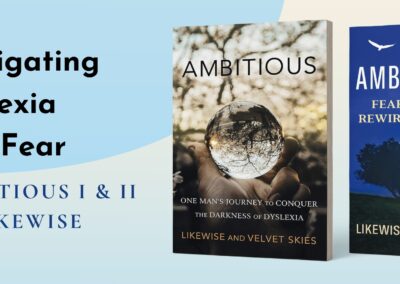What Makes a Good Story or Lessons I Learned the Hard Way
A Blog Series by Faith Green
Post #2: Avoid Cliché (read last post)
Okay, okay, I know. If you’ve ever taken an English class in your life, then this post seems cliché. Isn’t it ironic? Oops, I did it again. I crack myself up. I could go on, but the only person I’d be entertaining is myself.
At the end of this article, I’ll start a list of clichés that I hope you’ll add to, but for now, I’ll move on to the question of how to avoid cliché. Of course, the first strategy for avoiding cliché is avoiding cliché, but I’ll save you the déjà vu.
Confront the cliché.
Shakespeare displays one of the prime strategies for avoiding cliché, hyperbolic cliché in this case, with “Sonnet 130:”
My mistress’ eyes are nothing like the sun;
Coral is far more red than her lips’ red;
If snow be white, why then her breasts are dun
If hairs be wires, black wires grow on head. (1-4)
The poetic voice continues this seemingly insulting rant for quite a few lines before adding, “And yet, by heaven, I think my love as rare/As any she belied with false compare” (13-14).
So, what’s his strategy for avoiding cliché? Confronting clichés by pointing out their absurdity and falseness. He’s not insulting his mistress by saying her eyes don’t look like the sun, her lips aren’t coral red, her breasts aren’t snow white, and her hair is like wire. He’s saying that people are ridiculous for making such comparisons in the first place. Now that’s not cliché, though it might be dangerous. Do not let your mistress see this, Mr. Poetic Voice.
Put a new spin on an old idea.
Cliché applies to storylines just as much as it applies to phrases. Here’s an example: a teen is getting into trouble. The teen is taught a lesson by a person or circumstance. The teen stops getting into trouble and grows up to be a functional adult. The end. It’s the classic coming-of-age-story. In Murran, though, F. F. Fiore un-clichés this ancient structure. Here’s what happens after his main character becomes involved with a gang:
When he’s framed for a crime and facing prison, Trey flees to a Maasai village in Kenya with his English teacher and mentor, Mr. Jackson. Though initially repulsed by the Maasai customs, Trey slowly comes to value their traditions and morals. As he goes through the Maasai warrior’s rite of passage, becoming one of their own, he learns that Black African culture is truly about. Only after confronting lions, disapproving Maasai elders, and his own fears does Trey begin to understand that men are made and not born. (Back cover)
Wait? A modern teenager does what? I have definitely never heard this story before, and that’s because Fiore has put a new spin on an old idea.
Also, if you’d like to check out Fiore’s book, click here.
Here are some clichés just subtle enough that they might fool you:
- Humble beginnings
- Last minute or at the last minute
- Raven-black, snow-white, caramel-brown
- Husky, short and stout, curvy, full-figured
- Rail-thin, like a bird
- My eyes are up here
- Dense fog
- Drastic circumstances
- Only you have the power/the chosen one
Keep an eye out for our next blog 😉




